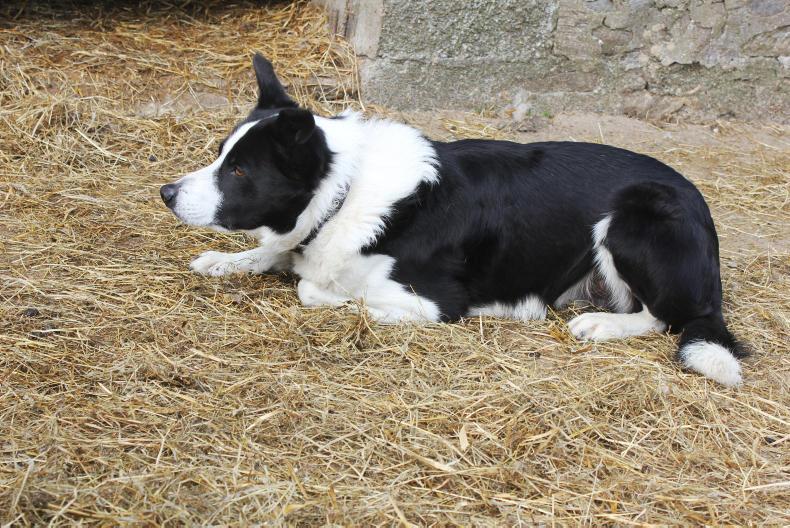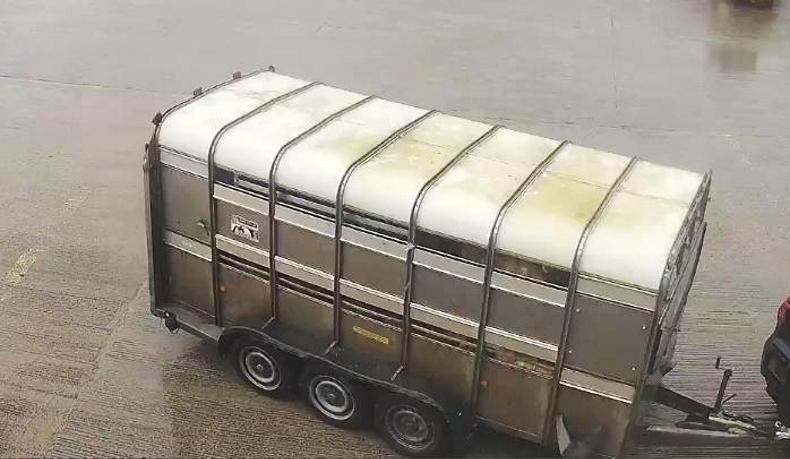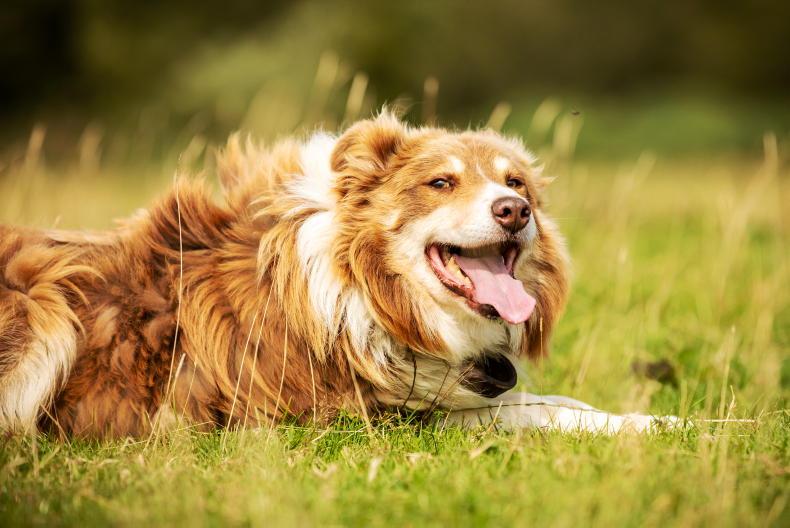Most working farms have at least one dog and more usually than not it will be a Border Collie.
Watching a well-trained collie rounding up sheep or cattle is one of those experiences that fills me with a mixture of admiration and awe. I am almost green with envy at the ability of the trainer to create that level of understanding between themselves and their dog, and I am in complete awe of the sheer dedication and time required to train any animal to this level.
Despite owning a string of well-bred dogs, all of which originated from the very best of trialling parents, my own shortcomings as a trainer have been horribly exposed.
When I ask an experienced handler how such and such a dog turned out so well, the inevitable reply is usually the understated: “Ah, that dog’s useful enough.”
The modesty of these people is almost infuriating because it hides a level of skill and commitment that is the equal of any talented artist or musician. More than anything, it also hides a fantastic attribute that I will never possess – unending patience.
False sense
About 30 years ago I was lulled into a false sense of my own brilliance. I owned a dog called Bill, and he undoubtedly was the best working dog to grace this farm. He was easily trained (you only had to show him anything once), was as hard as nails (he never took a backward step) yet knew how to move young lambs with merely the gentlest of nudges using his nose.
Unfortunately, I took this as a sign that I was a highly talented sheepdog trainer and all subsequent dogs in my possession would turn out to be winners. Since then, it has been one-way traffic in the wrong direction.
Some of them have had a yellow streak. This means they will be rock solid when under pressure from protective ewes with lambs – as long as there is a five-bar gate between themselves and the sheep.
Others (like the current one) can perform all sorts of complex duties while working beside me, but turn into a lunatic when they’re more than a hundred yards away.
And all of them seem to have an unerring ability to hurl themselves below the tail-ramp of the trailer at the most inappropriate moment, and irrespective of ground conditions at the time. This often results in a wet and filthy dog being unceremoniously trailed out and shouted at for turning livestock in the wrong direction at a critical second. I wonder how many successful trainers have lost their tempers while teaching a future champion?
Current dog
The current dog is called Joe and, as usual, is bred from good stock (for anyone interested he’s from Frank McCullough’s Craig on one side, and his granny was a Welsh champion). There’s also a bit of Donegal blood in his heritage so, all in all, he should be a real clinker.
I will admit that he’s a beautifully marked animal and can run like the wind. If I search for more positive attributes, perhaps his ability to spend entire evenings stretched out in front of the fire may be scraping the barrel in terms of sheepdog requirements, but he does make good company.
However, somewhere along the way I lost all trust in his ability to work sheep or cattle. When he was a year old I had him working in gardens and small paddocks, and even had him working his sides (although only on voice commands – my whistling sounds like a budgie being strangled).
The problem was that from an early age he developed a habit of becoming more and more erratic the further he was from me. This was never going to be a marriage made in heaven.
Since then, I am the proud owner of an almost perfect stock herder. One that does whatever I want, that never gives up, has no nasty traits and is relentless in its devotion to the cause. It’s called a Suzuki King Quad and it is the best sheepdog in the world.
Read more
Farmer Writes: opting for Angus cattle over continentals
The ups and downs in mental health
Most working farms have at least one dog and more usually than not it will be a Border Collie.
Watching a well-trained collie rounding up sheep or cattle is one of those experiences that fills me with a mixture of admiration and awe. I am almost green with envy at the ability of the trainer to create that level of understanding between themselves and their dog, and I am in complete awe of the sheer dedication and time required to train any animal to this level.
Despite owning a string of well-bred dogs, all of which originated from the very best of trialling parents, my own shortcomings as a trainer have been horribly exposed.
When I ask an experienced handler how such and such a dog turned out so well, the inevitable reply is usually the understated: “Ah, that dog’s useful enough.”
The modesty of these people is almost infuriating because it hides a level of skill and commitment that is the equal of any talented artist or musician. More than anything, it also hides a fantastic attribute that I will never possess – unending patience.
False sense
About 30 years ago I was lulled into a false sense of my own brilliance. I owned a dog called Bill, and he undoubtedly was the best working dog to grace this farm. He was easily trained (you only had to show him anything once), was as hard as nails (he never took a backward step) yet knew how to move young lambs with merely the gentlest of nudges using his nose.
Unfortunately, I took this as a sign that I was a highly talented sheepdog trainer and all subsequent dogs in my possession would turn out to be winners. Since then, it has been one-way traffic in the wrong direction.
Some of them have had a yellow streak. This means they will be rock solid when under pressure from protective ewes with lambs – as long as there is a five-bar gate between themselves and the sheep.
Others (like the current one) can perform all sorts of complex duties while working beside me, but turn into a lunatic when they’re more than a hundred yards away.
And all of them seem to have an unerring ability to hurl themselves below the tail-ramp of the trailer at the most inappropriate moment, and irrespective of ground conditions at the time. This often results in a wet and filthy dog being unceremoniously trailed out and shouted at for turning livestock in the wrong direction at a critical second. I wonder how many successful trainers have lost their tempers while teaching a future champion?
Current dog
The current dog is called Joe and, as usual, is bred from good stock (for anyone interested he’s from Frank McCullough’s Craig on one side, and his granny was a Welsh champion). There’s also a bit of Donegal blood in his heritage so, all in all, he should be a real clinker.
I will admit that he’s a beautifully marked animal and can run like the wind. If I search for more positive attributes, perhaps his ability to spend entire evenings stretched out in front of the fire may be scraping the barrel in terms of sheepdog requirements, but he does make good company.
However, somewhere along the way I lost all trust in his ability to work sheep or cattle. When he was a year old I had him working in gardens and small paddocks, and even had him working his sides (although only on voice commands – my whistling sounds like a budgie being strangled).
The problem was that from an early age he developed a habit of becoming more and more erratic the further he was from me. This was never going to be a marriage made in heaven.
Since then, I am the proud owner of an almost perfect stock herder. One that does whatever I want, that never gives up, has no nasty traits and is relentless in its devotion to the cause. It’s called a Suzuki King Quad and it is the best sheepdog in the world.
Read more
Farmer Writes: opting for Angus cattle over continentals
The ups and downs in mental health










SHARING OPTIONS